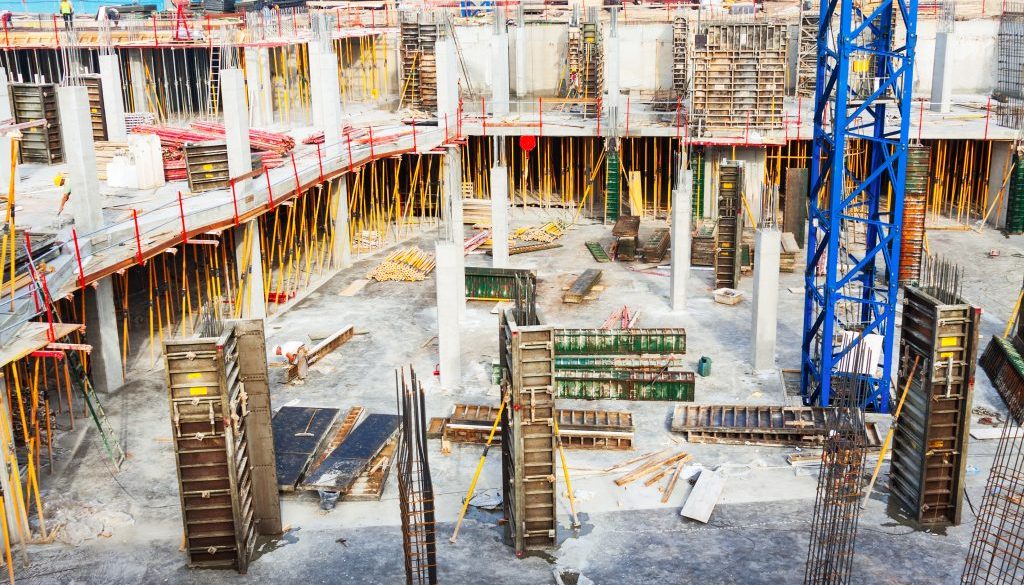Digitization of Prefab Workflows
Prefab (pre-fabrication) construction has been a buzzword for a while; however, it has not been adopted on a wide scale within the construction industry. That is a potential missed opportunity since the positive impact these techniques can offer on project outcomes is well-known among construction technologists. For instance, McKinsey reported in a May 2023 article that less than 4% of current US housing stock was built using modular techniques. However, their analysis suggested that modular techniques could “allow home builders to accelerate end-to-end project timelines by 20 – 50% while reducing costs by up to 20%,” while also making it “easier to execute on urban job sites since they require less space for the storage and preparation of pipe fabrication materials.” This article will discuss some workflows to build digitization into prefab operations.
Smart Tools

Smart tools offer many advantages to the operator and skilled trades that work within the shop to deliver customer project deliverables in a timely manner with exceeding attention-to-detail, craftsmanship, and quality:
- Precision, fully customizable speed and torque settings for application-specific repeatability and specification-level verifiability – users can dial in settings based on their application, save modes to the cloud, and apply across entire equipment inventories.
- Utilization data and reporting – in some cases, users can pull utilization data synced from events performed on tools and roll this data into customizable reports that provide proof of work and verify quality of workmanship and that manufacturers’ specification for critical fasteners (e.g., for water tanks) were achieved.
- Safety and security – the same Bluetooth functionality that delivers the ability to customize these tools can be used to crowd-source equipment locating around the shop or help find stolen tools in unfortunate theft situations; additionally, machine learning makes these tools safer, helping them achieve precise installations more accurately and with less risk to the operator.
Digital Twins and BIM

One of the 2023 trends in Australian manufacturing, a digital twin can help mirror shop systems across project lifecycle drawing on real-time data, simulation, and machine learning to help drive smarter, data-driven decisions. Digital twins can get as granular as “component twins,” helping diagnose malfunctioning parts through IoT sensors, and as macrolevel as process twins providing a view of how your systems work across the entire production facility—and helping you systematically synchronize and maintain peak production efficiency. Equipped with digital twin technology, manufacturing teams were able to reduce rework by 15-20%.
Building information modelling (BIM) has proven quite useful to mitigate risk and prevent expensive rework. But it can also be used to increase collaboration by supporting client engagement within offsite construction. BIM, too, should be integrated with critical team technical infrastructure, such as asset management, to reduce the need for manual re-entry of project information, increase real-time information sharing among team members, and improve project outcomes.
Inventory Management

Inventory management is a critical workflow in need of digitization in the prefab shop, with inventory representing $2,471.6 billion in the manufacturing industry. Aside from managing the sheer stock levels of raw materials needed in the shop to execute customer project deliverables, digital inventorying also includes keeping track of and maintaining equipment to prevent production-halting equipment breakdowns. Digitization of the shop’s inventory operations can help integrate with smart tools to enhance labour utilization and improve quality, track levels of equipment and materials in inventory, monitor shop costs, and reduce manufacturing cycle times.
Closing Comments

While prefab and modular construction have not reached mass widespread adoption, they stand to solve some of the industry’s most challenging problems. In addition to the tremendous positive impacts prefab shops can offer projects from a productivity and quality standpoint, shop owners and teams digitizing their shop operations can provide an even more seamless experience for customers and team members—which can potentially move the prefab industry to new heights!




